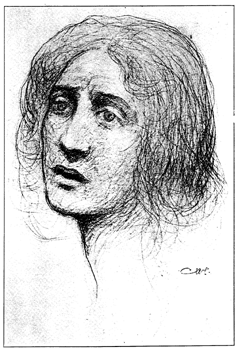[frame="2 80"]
Bismillah
Alsalamu Alaykum Sisters and Brothers
You are in the English Forum's poetry corner. Today, translated or original English poetry is widely available on the net.Look for these, read them and share what you enjoyed with us here on the Poetry Podium
Tawakkalna ala Allah [/frame]

Bismillah
Alsalamu Alaykum Sisters and Brothers
You are in the English Forum's poetry corner. Today, translated or original English poetry is widely available on the net.Look for these, read them and share what you enjoyed with us here on the Poetry Podium
Tawakkalna ala Allah [/frame]







تعليق